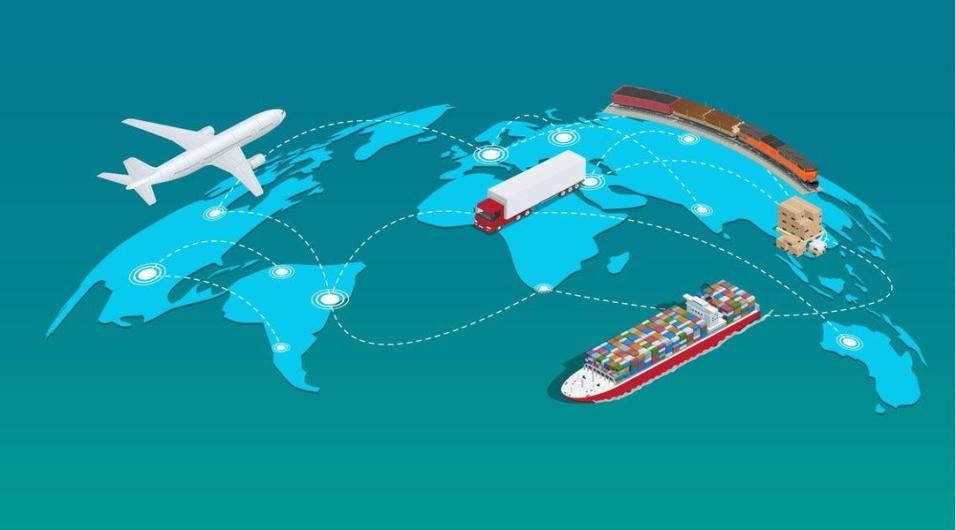
What is globalization?
It has come to be the very characteristic of the modern world— dictating the manner in which businesses operate and economies engage each other on an international level. There exist a great number of pros to global integration, though concerns are quite legitimate about what it brings to this or that sphere of our lives. The paper will put forward debates and discourses from different angles on globalization and international business with economic development, cultural sharing, job creation, opportunities for labour exploitation as well as effects on local industries plus environmental damage being the main focus points.
Arguments
The arguments and counter-arguments surrounding globalization and international business make a multifaceted issue that includes many different shades of meaning on both sides. The debate serves to underscore the dual-edged nature of global integration. On one hand, it brings in its wake immense benefits—economic growth, cultural intermingling, and job creation. On the other hand, it raises genuine concerns related to labour exploitation, its impact on local industries, and environmental degradation. Balancing these positive-negative scales of globalization is imperative for ensuring sustainable and inclusive development within the globe.
Contrariwise, globalization can trigger labour exploitation under some circumstances. Unscrupulous companies might find the low-cost labour of developing nations with less strict labour laws attractive, therefore practising unethically by creating poor working conditions such as long working hours with little pay and no job security for the employees. Moreover, the differences in labour standards from one country to another can create an unfair advantage, which makes workers in some regions more prone to be exploited than others. The issue of these labour problems is important for ensuring that the process of globalization benefits workers across the world without affecting their rights as well as their well-being.
Another upside of globalization is the ability to bring about cultural exchanges. Interaction with other cultures through international business might help to facilitate greater levels of comprehension and acceptance between individuals of varied origins. Such cultural exchange would as well be instrumental in generating ideas and creativities since people take inspiration from different heritages and viewpoints. In addition, through globalization, the world can become more interrelated: people will have knowledge of what is happening on a global scale, which in turn will create a sense of togetherness, and oneness due to shared human experiences.
However, globalization has drawbacks, including the prospect of injuring local industries. The competition could threaten small businesses and cottage industries in many countries with global companies. Local cultures and traditions may get eclipsed by forces that are overwhelmingly global leading to cultural uniformity and loss of cultural plurality. In addition, countries will be at risk of economic turmoil when they fully depend on international markets since they will rely heavily on external sources for their economic development. Therefore, striking a balance between reaping from global integration and salvaging local industries and cultures is imperative for sustainable growth.
Globalization - conclusion
In conclusion, the arguments about globalization and international business are not simple but rather multifaceted— various points both for and against bring out the complexity of the issue under global integration. While labour exploitation, impact on local industries, and environmental degradation are valid concerns raised by globalization, it has several advantages to offer, including economic growth, cultural exchange as well as job opportunities. This balance between what advantages and drawbacks that come with globalization is important for sustainable and inclusive development at a global level.
In summary, the issues concerning the debate on globalization and international business are manifold. Arguments for and against bring out the complexities of the subject of global integration. As much as globalization offers great benefits through increased economic activities, cultural exchanges, and job creation, it raises very pertinent issues related to labour exploitation, its impact on local industries that might be struggling to compete at an international level, and environmental degradation as a result of globalized production processes. It is imperative that a fine line between the merits and demerits of globalization is achieved for sustainable and inclusive global development.
Globalization - conclusion
In conclusion, the arguments related to global integration and international business are multifaceted— they constitute both arguments and counterarguments that indicate the complexities of this issue. Although globalization brings with it many benefits, including increased economic activity plus cultural and technological exchanges which create more jobs, it is also valid to raise other important issues related to it, such as labour exploitation or the impact on local industry and environmental degradation. The scale of benefit against harm from globalization is important for ensuring that development is sustainable and also inclusive on a global level.







